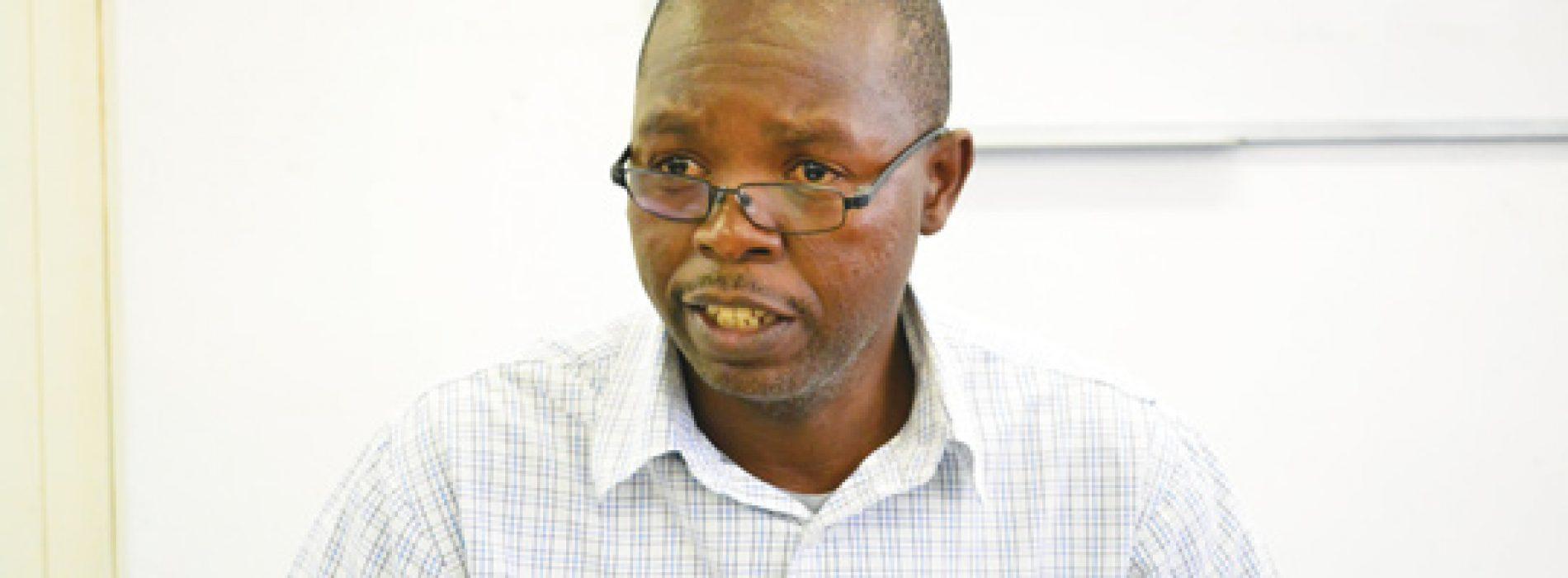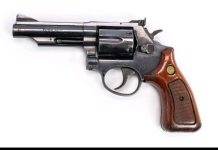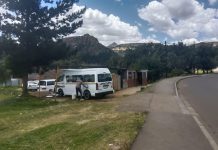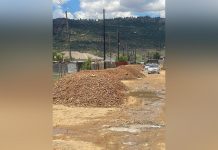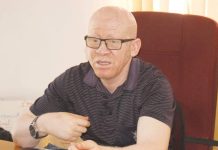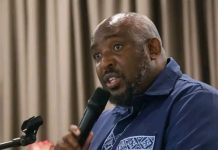Africa-Press – Lesotho. LESOTHO does not face any imminent external military threat and must therefore demilitarise, a political science lecturer at the National University of Lesotho has said.
Dr Tlohang Letsie said Lesotho must instead channel funds being used to prop up the army to strengthen policing. He was speaking at a round-table discussion for political parties organised by the Education for Peace Education (DPE) last Thursday.
The statement will likely provoke a sharp rebuke from the government of Prime Minister Pakalitha Mosisili which has in the past defended the Lesotho Defence Force (LDF).
Mosisili has in the past dismissed as misguided calls by the opposition to disband the army. Letsie said there are two roles of the military, the primary and the secondary role.
The primary role of the army is to protect a country from external aggression and to project power abroad in defence of its territory. The secondary role is for internal order — that is — disaster management, national pride, providing a source of employment and international peace-keeping.
Letsie said even where the LDF had a chance to defend the country from enemy forces, it failed dismally in the past. He cited the December 9, 1982 attack on Maseru by the South African National Defence Force (SANDF) with the Lesotho army “doing nothing to stop the invasion”.
“The Boers came in and freely walked in our country and the army did nothing,” Letsie said. About 30 African National Congress (ANC) refugees and 12 locals were killed during the raid.
Three years later in 1985 terrorists held pilgrims hostage during the visit of Pope John Paul II and the Lesotho army had no expertise to free the hostages until the SANDF came to their rescue.
Letsie said in 2009 mercenaries entered the country, stole an armoured car from the LDF barracks before attacking Prime Minister Pakalitha Mosisili at his State House residence.
The army only managed to chase and kill some of the mercenaries after their plan to assassinate Mosisili flopped. All of the escaped mercenaries were arrested in South Africa after successfully outperforming the LDF soldiers who reacted to the attack at the State House.
“They (the mercenaries) did what they could in the presence of the military,” Letsie said.
Letsie said it is apparent that Lesotho will have a tough time defending the country if the SANDF were to invade the country. He said it is better for Lesotho to demilitarise and focus on policing.
Letsie said Lesotho is wholly surrounded by South Africa which is militarily stronger and will not launch a conventional war against Lesotho. “We don’t have a real fightable threat. We could be attacked by South Africa but we cannot even fight them,” Letsie said.
“When we have a serious disaster we import soldiers from South Africa, when people drown we call the South African army but we have money allocated to the army as disaster management,” he said.
Letsie also said unlike South Africa which “has deployed its military forces in different countries”, Lesotho is not engaged in international peace-keeping.
He said there are 26 countries in the world that have no army “and most of them are in Latin America and some islands”. “Most are even bigger in population and size than Lesotho.
Nineteen of these countries have never had a military force while seven of them used to have but demilitarised,” Letsie said. Letsie said in Africa, only Mauritius has no military force.
The Gambia demilitarised its army but later restored it. He said generally all of the countries that do not have an army have a higher standard of living and are even more peaceful than those that are militarised.
Letsie also said it is costly to run the LDF compared to armies of other countries. He said Lesotho blows five percent of its annual budget towards the military.
“I should be showing figures in this instance but the military refused to give me (the relevant documents),” he said. Letsie said according to his research, the LDF uses two percent of the Gross Domestic Product (GDP) annually while South Africa uses 1.1 percent.
Ethiopia is one of the countries that is growing economically and it only allocated two percent of its GDP to the army. He said if the LDF could be demilitarised this could help the country have peace and be economically stable.
“Money that is used for military expenditure can enable the country to grow economically. This money can be used in projects that could enhance the economy,” Letsie said.
Letsie said in most cases the Lesotho army ends up doing the police’s job because the country does not have a job for the soldiers. “We cannot overlook their help to the police but their roles are undefined.
Their engagement to public order is that they should be seen to be relevant. There is no work at all,” he said. “There is a serious overlap with the police.
It was mentioned in the Phumaphi Report that the roles of the police and army are undefined. ”
“Once you make the army to (do the police’s job) the public becomes the enemy of the state,” he said.
Letsie said the issue of demilitarisation is not new. He says former Prime Minister Dr Ntsu Mokhehle wrote Chief Emeka Anyauku, the then Commonwealth secretary general, inviting the Club to help Lesotho demilitarise but that failed.
He said Mokhehle later wrote to the then South African president FW de Klerk to help but that too was not successful. In 1994 a delegation of SADC led by Zimbabwe’s Robert Mugabe concluded that a small country like Lesotho does not need an army.
In 1995 a commission of inquiry chaired by Bishop Paul Khoarai of the Catholic Church also agreed that the country does not need the army. In 1998 Mosisili invited SADC to intervene and disarm the military and people died in the process.
After 1998 Mosisili sent the then foreign affairs minister Thomas Thabane to Latin American countries that do not have armies to study how those countries managed to do so.
After independence from Britain in 1966, Lesotho did not have an army. Instead, it had a Police Mobile Unit (PMU) which dealt with issues of security.
However, in the late 1970s, former Prime Minister Leabua Jonathan formed the Lesotho Para-Military Force (LPF), a predecessor to the Lesotho Defence Force (LDF) to crush a military uprising by the Lesotho Liberation Army, the military wing of the Basutoland Congress Party (BCP).
Montoeli Masoetsa, a former National Union of Mineworkers (NUM) representative in Lesotho, said “it would benefit the country so much if it were not to have an army”.
“But we should be aware that the army is not the problem, our politicians are the problem,” Masoetsa said.
Rosa Lenea, the Lesotho Workers Party (LWP) secretary general, said this was not the right time to discuss the issue of demilitarisation because “we have a lot to do, we have elections coming up and to bring up such a sensitive issue at this time is to simply confuse us and the nation”.
Retšelisitsoe Masenyetse, a member of the Alliance of Democrats (AD), said there is urgent need to reform the security sector in light of the perceptions of the public about the army.
“We would have appreciated it more if the government was present to listen to this,” Masenyetse said.
“I was part of the committee that wrote the coalition agreement as a reformist government. We need politicians to apologise first to the people for polarising the army because it is their fault that it is what it is now,” he says.
“When we do get the time to deal with it we have to have sober minds because it is our parents, our brothers, our friends who work as soldiers in the LDF in this country.
It is a source of employment for many of us,” he said. LDF spokesman Brigadier Ntlele Ntoi said the Lesotho Defence Force (LDF) is here based on some provisions of the constitution. He said anyone who does not like LDF should push to first amend from the constitution.

